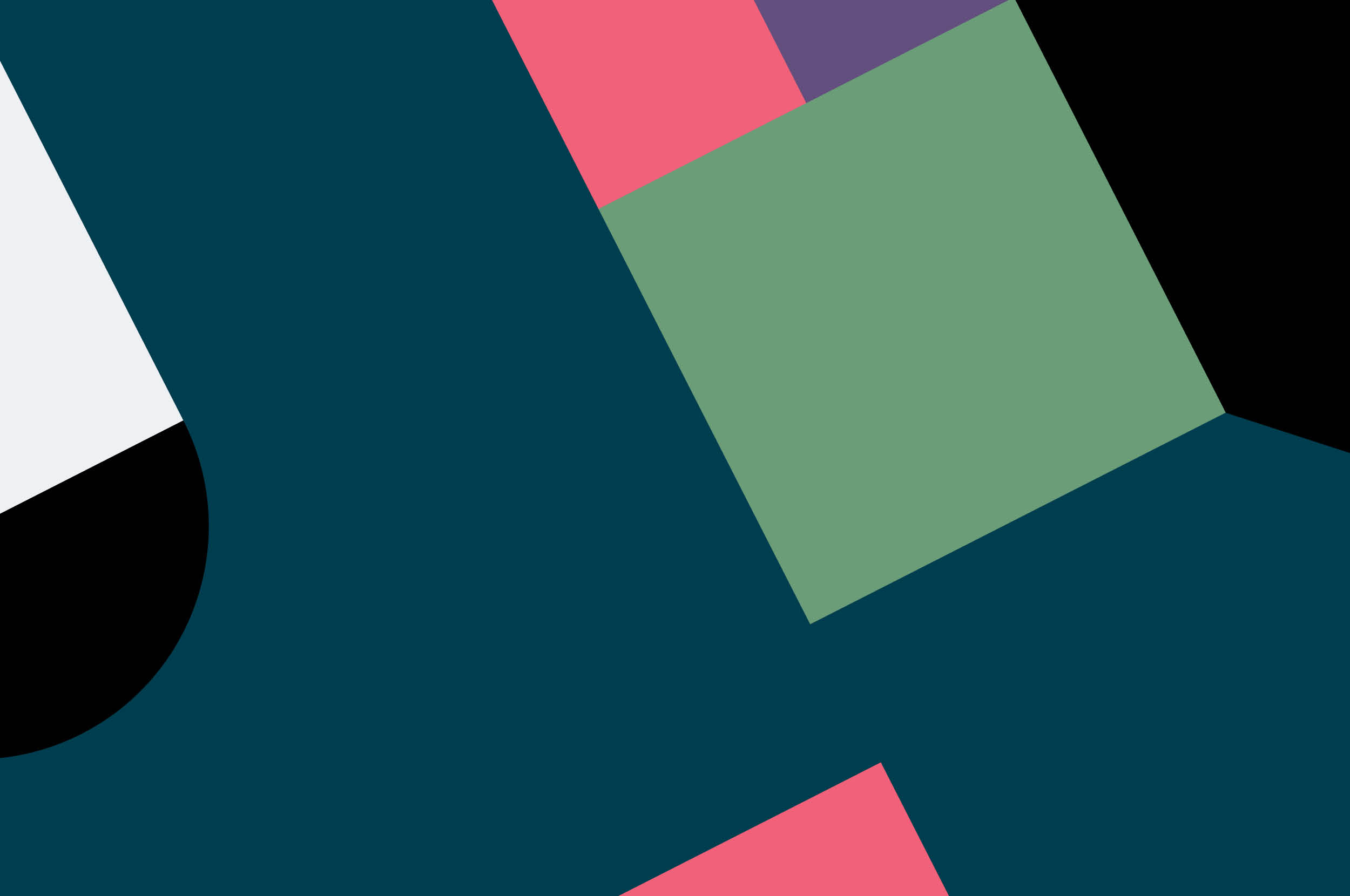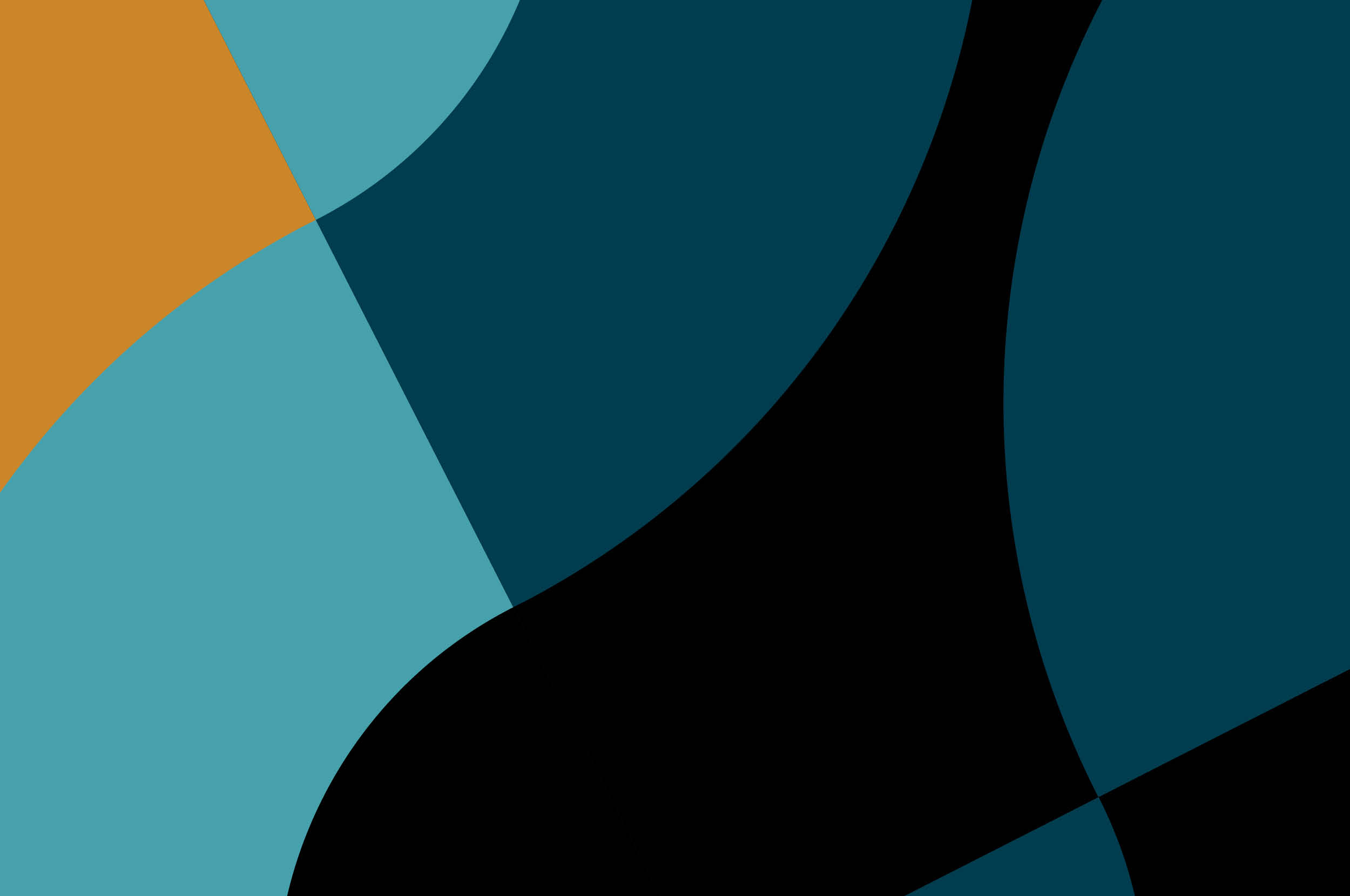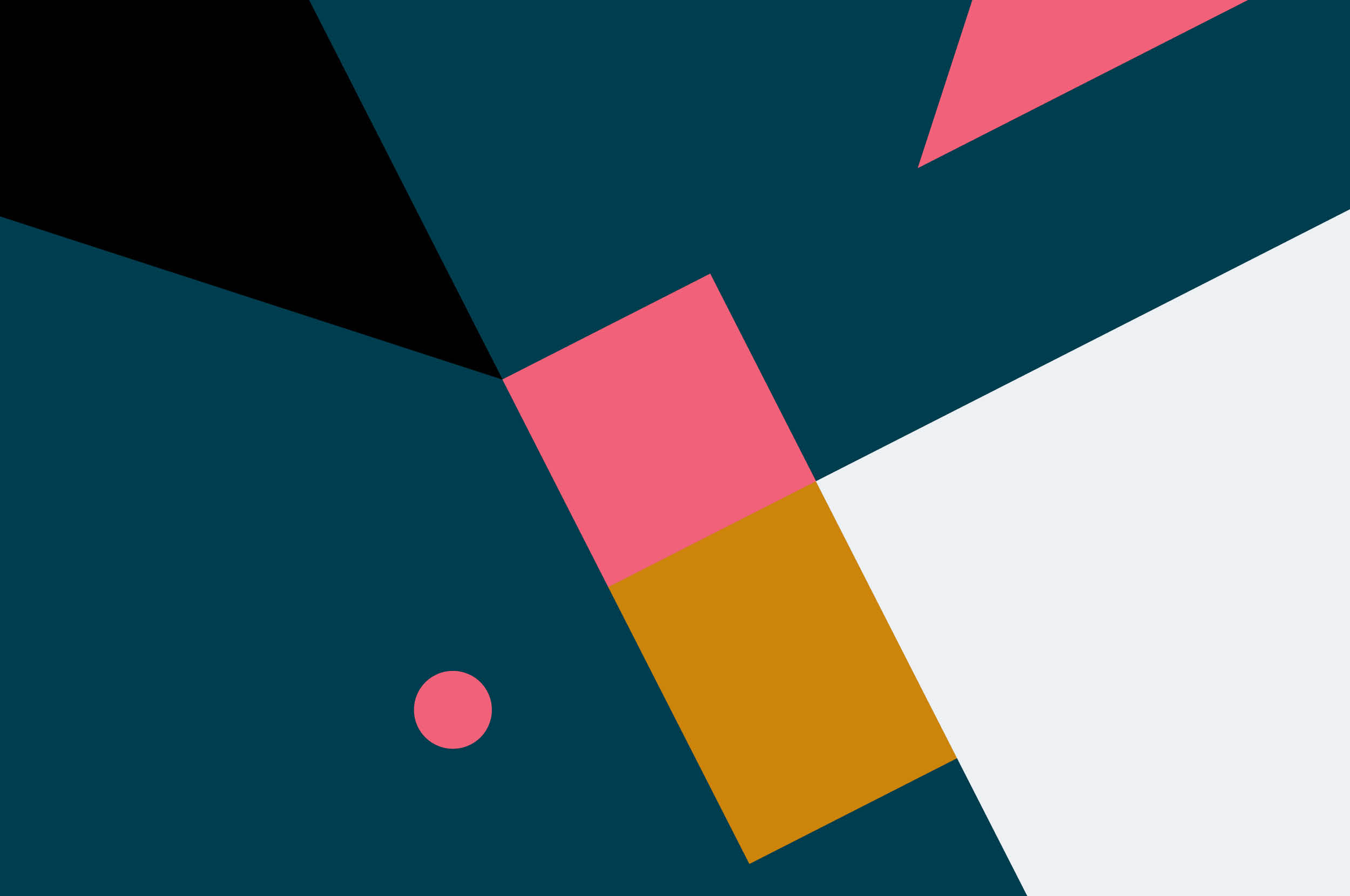We caught up with Business Analyst, Shuai Wang to discuss his journey into the tech industry, and what it was like starting out as a Thoughtworks graduate.
How did you become a business analyst?
I studied Master of Information Systems at university and business analyst (BA) was one of the roles that aligned with this major. Compared with other roles, becoming a business analyst has allowed me to work on things that I’m passionate about, which is helping people solve problems through the delivery of valuable and usable software. After graduating from university, I completed a three month internship working as a business analyst for an Australian company, where I got the chance to perform some BA related tasks and was inspired to progress further in this role.
Why did you want to join Thoughtworks?
When I was in university I had a classmate who was working at Thoughtworks and he shared many good things about his work experience. It was during this time I learned that Thoughtworks is one of the pioneers in advocating agile practices. Reading about the extraordinary impact they have created with clients and within society resonated with me. I was so impressed with the extremely supportive culture and great diversity that I wanted to become a Thoughtworker after graduation.
The recruitment process
After submitting my application, I received a call from the recruiter for the initial phone interview and a subsequent video interview was then scheduled. The video interview was for the recruiter to get to know me and answer any questions I had. The second round was a take-home assignment, followed by a technical interview focusing on the key BA skills. The last round was the cultural interview. My recruiter was super professional and friendly. She coordinated the overall recruitment process very well and patiently answered the questions I had. I’m grateful and lucky to have had such a smooth and well organized recruitment process.
Tell us about your Thoughtworks University (TWU) experience
When you join Thoughtworks as a graduate you’re invited to participate in TWU to further develop core skills that prepare you for success in your career. TWU consists of both the learning and practical sessions. In the learning sessions, trainers talk about the best delivery practices and share knowledge on key skills required. The practical sessions provide graduates with the opportunity to apply what they have learned to simulations of client engagement projects so they can experience what a BA would do in real life. TWU graduates from different countries and regions are assigned to different cross-functional teams. The teams have two trainers who patiently provide coaching to help graduates maximize their learning and facilitate team bonding. As a BA, I was a super fan of TWU. It gave me hands-on experience in agile delivery and I was able to practice and develop many BA related skills such as story writing, backlog management and workshop facilitation.
The MYOB grad program
Upon completing TWU, I joined the MYOB grad program - a co-sourced graduate development program between MYOB and Thoughtworks. In this engagement I was part of a cross-functional team largely composed of graduates and career changers. One of the goals of this engagement was to accelerate the growth of graduates, with each graduate assigned a mentor to pair with fordaily work. I was assigned a very senior BA from Thoughtworks and we worked together on all kinds of BA-related work for six months. Being able to closely work with her is probably one of the best things in my career so far. It gave me so many opportunities to observe how a senior BA analyzes the requirements and performs key tasks. She encouraged me to perform similar tasks with her guidance which created a safe learning environment.
Pairing with an experienced BA greatly sped up the process of demystifying what a BA does every day and what their key duties include. As a result, my core BA skills have greatly improved and I’ve started to formulate my own ways of working in this role.
Besides learning from my mentor, I spent a lot of time pairing with another graduate BA which was also super beneficial. When pairing (also with the guidance of a senior BA), we discussed the priorities of our work, planned our day-to-day, prepared workshops and meetings together, supported each other and further exchanged our lessons learned — including ideas on how to improve oneself.
Just like other real engagements, it’s paramount to deliver value to the client alongside mentoring and learning. My team was very supportive. Everyone was encouraged to express their opinions freely and to help each other. I enjoyed collaborating with the team during our daily stand up, Three Amigos meeting (involves a BA, developer and quality analyst), estimation and retro sessions. Our great team culture and strong collaboration laid a solid foundation for the success of the project and we delivered a valuable product to the client.
How did you adapt to remote working?
I didn’t find it hard to adapt to remote working. Since joining Thoughtworks remote working has been prevalent both internally and externally with our clients. TWU was also fully remote because of the pandemic and this got me used to it. Now that the restrictions are lifted and I can connect with the team in person. I usually go to the office as needed or when my work or meetings would benefit from face-to-face.
Can you describe a typical workday?
Based on my experience, a typical workday for a BA varies greatly depending on the nature of an engagement. For a product delivery engagement, my workday usually starts with a daily stand up where everyone on the team shares an update, what their plans for the day look like and any blockers. The blockers may be discussed briefly with the whole team so that we can help each other.
A BA will perform any or all of the following tasks (below is not a exhaustive list):
Requirements analysis
Story writing
Prioritization
Backlog grooming
Story kick-off
Desk check
Three Amigos meeting and estimation
Communicating with the product owner
Workshop facilitation
Iteration planning meetings
Showcase
Retro
Ad hoc work such as sending emails to stakeholders
Which three pieces of advice would you give to a current university student?
Be positive and resilient: Life is full of challenges but never give up when it gets hard — staying positive will help you navigate the challenges and realize your dream
Get some work experience: Apply for internships on roles that interest you and validate whether the work excites you — by doing this you’ll have had a taste of the role and a better understanding of what you’re passionate about
Connect with people working in the industry: This will give you a clear and current understanding of what’s happening in the industry, including what skills are required for the role that interests you and help focus your efforts on the most important skills and in-demand areas that will kick start your career
Disclaimer: The statements and opinions expressed in this article are those of the author(s) and do not necessarily reflect the positions of Thoughtworks.


















